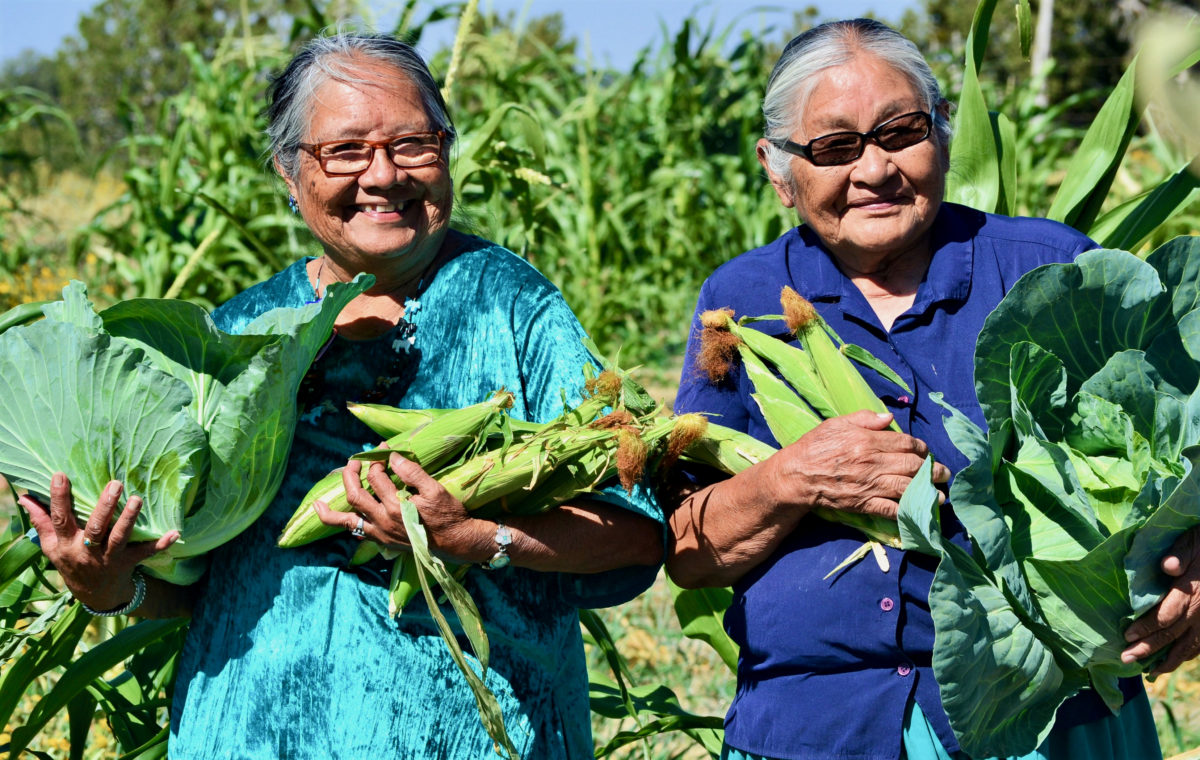RWN Foundation first funded the First Nations Development Institute (FNDI) in June 2020 with an emergency COVID-19 relief grant that FNDI passed directly to Native communities for help with frontline pandemic response efforts.
In October 2020, RWN Foundation was able to support FNDI’s work to combat food insecurity and unhealthy food sources by strengthening “last mile” food transportation and storage: the infrastructure needed to build resilient networks of food provision that can reach all communities without a gap.
In addition to improving food transport and local food storage options, FNDI is working to ensure that communities with significant local agricultural assets and activity can retain access to the healthy and fresh foods they’ve grown and raised. FNDI has worked with agricultural communities to increase the availability of healthy produce to communities. Now, they are embarking on a pilot project with the Hopi and Zuni tribes in the Southwest to “make the most of their livestock herds to increase local access to this locally-grown source of healthy protein.”
This will involve building support for local meat-processing facilities and job creation, thus ensuring that livestock raised by First Nations communities doesn’t need to be transported far away for processing (leading to additional expense, time, and environmental costs). It will also shore up other food systems infrastructure for these two Tribes, thus increasing food sovereignty and decreasing the prevalence of diet-related diseases.

